
9 February marks the birthday of the great revolutionary and freethinker Thomas Paine. Born in 1737 in Thetford, Norfolk, Paine emigrated to the American colonies in 1774 and penned the bestselling pro-revolutionary pamphlet Common Sense in 1776.
After America won independence, Paine returned to Europe, spending time in England and France. He became a firm supporter of the French Revolution and wrote Rights of Man (two parts, 1791 and 1792) in defence of it against its critics, especially Edmund Burke. Persecuted in England, he fled to France and was elected a member of the National Convention.
After falling afoul of the Jacobins, Paine was imprisoned and barely escaped execution. In 1802 or 1803, he returned to America, where he died in 1809. His later years were sad; he was ostracised by his fellow Americans for his radicalism and his fierce assault upon religion in The Age of Reason (three parts, 1794, 1795, and 1807). His life and work inspired radicals and freethinkers long after his death, even to this day, despite the opprobrium heaped upon him by conservatives and the faithful during his lifetime.
The image above is a 1792 caricature of Paine by Isaac Cruikshank. It is a good representative of how he was seen by the British establishment: as a dirty, dangerous, vulgar alcoholic, and an enemy of religious and conservative values. Indeed, Paine was the target of a splenetic campaign of vilification for his defence of the French Revolution and he was soon hounded out of the land of his birth by the reactionary government of William Pitt the Younger—which only goes to show how influential he was. In that sense, Cruikshank’s caricature of him is a compliment of a kind, and perhaps that is why, to this eye at least, it makes him look grandly triumphant.
Here is the description of the image from the website of the British Museum:
‘Paine stands full face, looking to the left and smiling. He holds out his right arm, holding a pen and a long scroll; in his left hand is a dagger. On his back is a large bundle of weapons, shackles, and instruments of torture. He smiles slyly, his face is blotched with drink. He is neatly and plainly dressed; from his button-hole hangs an exciseman’s ink-bottle, inscribed ‘Gall’. His head is irradiated, with words inscribed between the rays: ‘Cruelty’, ‘Equality Madness’, ‘Anarchy Murder’, ‘Treason’, ‘Rebellion’, ‘Perjury’, ‘Atheism’, ‘Misery’, ‘Famine’, ‘National & Private Ruin’, ‘Ingratitude Idleness’, ‘Treachery’, ‘Injustice’. His scroll is inscribed: ‘Rights of Man [see BMSat 7867, &c] – Common Nonsense – Equality of Property &c. &c.’ He tramples on scrolls inscribed: ‘Loyalty’, ‘Magna Charta’, ‘National Prosperity’, ‘Religion’, ‘Protection Property’, ‘Obedience to the Laws’, ‘Morality’, ‘happiness’, ‘Industry’, ‘Personal Security’, ‘Inheritance’, ‘Justice’. Beneath the title is etched: ‘I am Ready & Willing to offer my Services to any Nation or People under heaven who are Desirous of Liberty & Equality Vide Paines Letter to the Convention.’ 26 December 1792. Hand-coloured etching.’
Enjoy this image of the week? Subscribe to our free fortnightly newsletter for the latest updates on free thought. Or make a donation to support our work into the future.
Further reading on Paine and the radical and freethought traditions
Image of the week: ‘The world is my country, to do good my religion!’, by Bob Forder
How three media revolutions transformed the history of atheism, by Nathan Alexander
Introducing ‘Paine: A Fantastical Visual Biography’, by Polyp, by Paul Fitzgerald
Britain’s blasphemy heritage, by David Nash
Charles Bradlaugh and George Jacob Holyoake: their contrasting reputations as Secularists and Radicals, by Edward Royle
Freethought in the 21st century – interview of Freethinker editor Emma Park by Christoph De Spiegeleer of Liberas, a heritage and research centre for the history of the liberal movement and the freedom ideal in Belgium
Christopher Hitchens and the long afterlife of Thomas Paine, by Daniel James Sharp
Freethought and secularism, by Bob Forder


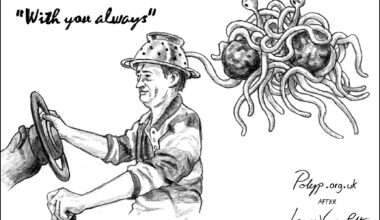
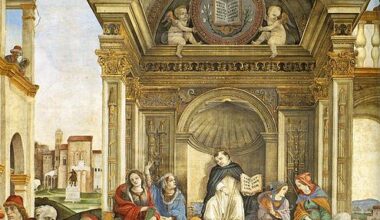
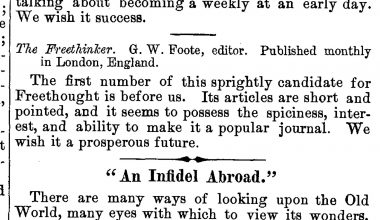
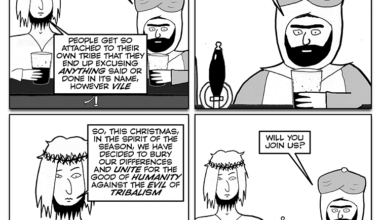
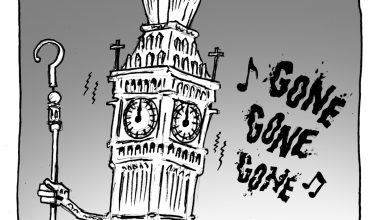
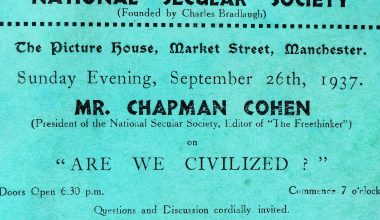
Your email address will not be published. Comments are subject to our Community Guidelines. Required fields are marked *
Donate